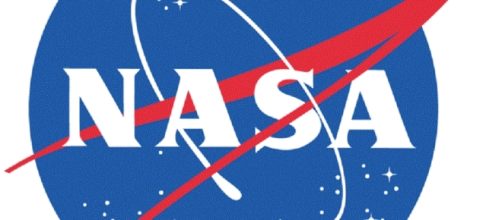The House Appropriations subcommittee that funds NASA plans to propose a massive increase for the Space Agency, according to Space News. The proposed increase is above the level suggested by the Trump administration for FY 2018.
While the White House proposed spending just over $19 billion for the next Fiscal Year, the House is going to counter with a spending bill that allocates almost $19.9 billion.
Where is the extra money going?
The exploration account, including the Orion, the Space Launch System, ground systems, and technology will be fully funded.
The education account, which was going to be closed out under the Trump proposal, will be mostly restored. The science and planetary exploration accounts get more funding as well, with $495 million going to the Europa Clipper and lander, a favorite of subcommittee chair Rep. John Culberson, R-Texas. The Trump proposal did not fund the Europa lander.
Why the difference between the Trump administration and the House?
Plans for the future direction of NASA, especially space exploration, is awaiting direction from the White House. Rumors abound that a new NASA administrator has already been chosen and that the executive order for the creation of a White House Space Council has been drawn up, both awaiting a sign off by President Trump.
In the meantime, the program of record, the Journey to Mars, is still officially operative, but most expect it to be changed to a lunar effort.
In the meantime, NASA’s budget is not being driven by its mission, but by fiscal considerations. The Trump administration is trying to cut the federal budget without touching entitlements. Hence NASA is one of the agencies that got a trim in the White House budget proposal.
On the other hand, Culberson, the chair of the subcommittee that funds the space agency, is a big space program enthusiast. His support for space exploration goes beyond just the fact that Culberson’s district includes the Johnson Spaceflight Center south of Houston. He has been a big proponent of the mission to Europa, a moon of Jupiter thought to have a warm water ocean beneath an ice crust that may harbor alien life.
What happens next?
After the funding bill is marked up by the subcommittee, it will be considered and then passed by the full appropriations committee after the July 4 recess, followed by debate and passage by the full house. The Senate appropriators have not considered a funding bill that includes NASA yet but will do so in due course. When the two bills are reconciled in conference, it will be sent to the president for his signature, very likely with much more funding that the White House first proposed.


